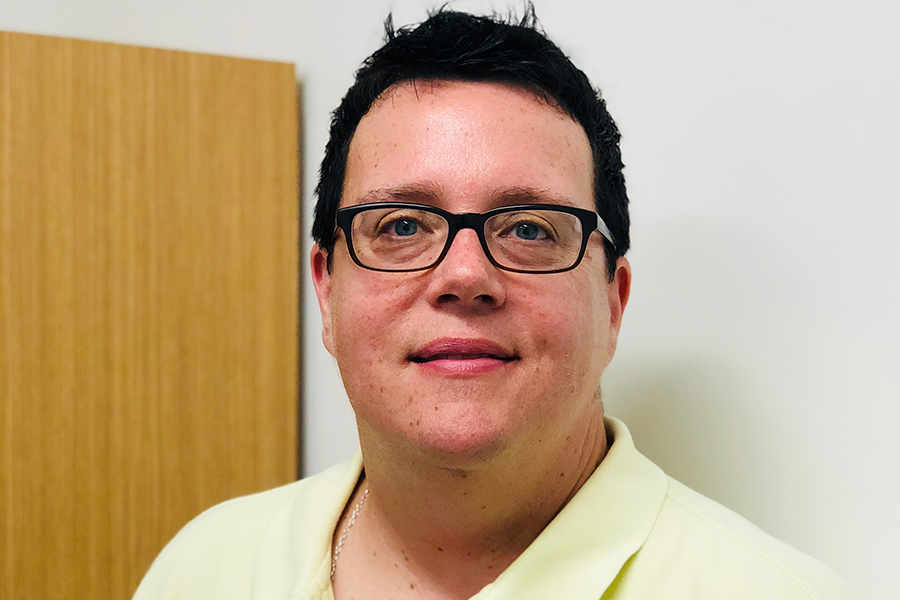There are moments in which the world seems like a dark and dangerous place. And for many among us, that feeling is very real. We’re seeing families ripped apart, rights threatened — life as we know it called into question. Is it any wonder why many people are experiencing higher-than-ever rates of depression and anxiety?
It seems like when we go to our usual distractions — social media, television — we’re frequently inundated with horrific news about some event or, worse yet, someone taking their life. For most of us, this sets off a flood of strong emotions, a sense of uncertainty and vulnerability.
The reality is, we don’t know what goes on in the hearts and minds of the person sharing the sidewalk with us, or even our own family and friends. We don’t know other people’s struggles. Yet, it is the sharing — the connecting with someone else — that brings hope and healing.
Research shows that when someone tells their story, or hears someone else’s account of overcoming their struggles, it produces hope and belief in the potential for healing. This is the core principle of therapeutic connection: having an outlet for one’s thoughts and feelings, and someone at the other end to validate what is being communicated. The beauty of this is that it happens in many ways; sometimes in the traditional sense of talking to a friend or a therapist, but it is also expressed in other, sometimes less-intentional, ways — perhaps through artistic expression, storytelling, writing or other creative endeavors.
It is important to look for, or at least be open to, hearing those moments and individuals who inspire us. People among us, some famous, most not, have battled their own struggles to find new or returning joys in life. Resilience is the key factor in making this happen. Resilience, simply put, is optimism — the ability to cope with life’s ups and downs. Often I hear people say, “I just don’t have that in me — those people are so strong.” However, the remarkable thing about resiliency it isn’t something that comes in short supply, or skips a generation like some recessive gene. Resiliency is learned; its behaviors, thoughts and actions can be acquired.
Finding connection is one of the most effective ways to feel better. Connect with someone. This doesn’t mean you have to lay your feelings out there and dredge up experiences you may not want to talk about. There are plenty of ways to connect without saying anything at all. Spend time with someone. Go for a walk, sit in the park, take in a movie with a friend. Find allies. There are other people out there who want to be there for you, some you may know already; some are waiting to be discovered. The benefit of connecting with others is that it reinforces that you are not alone.
Above all else, be loving and patient with yourself.

Judy Morrissey is director of behavioral health at Mazzoni Center. Her clinical background includes a range of inpatient and outpatient experience in LGBT settings. She is particularly interested in trauma, addictions treatment and recovery and EMDR. To learn more about Mazzoni Center’s counseling and recovery services, visit https://www.mazzonicenter.org/counseling-and-recovery-services.
